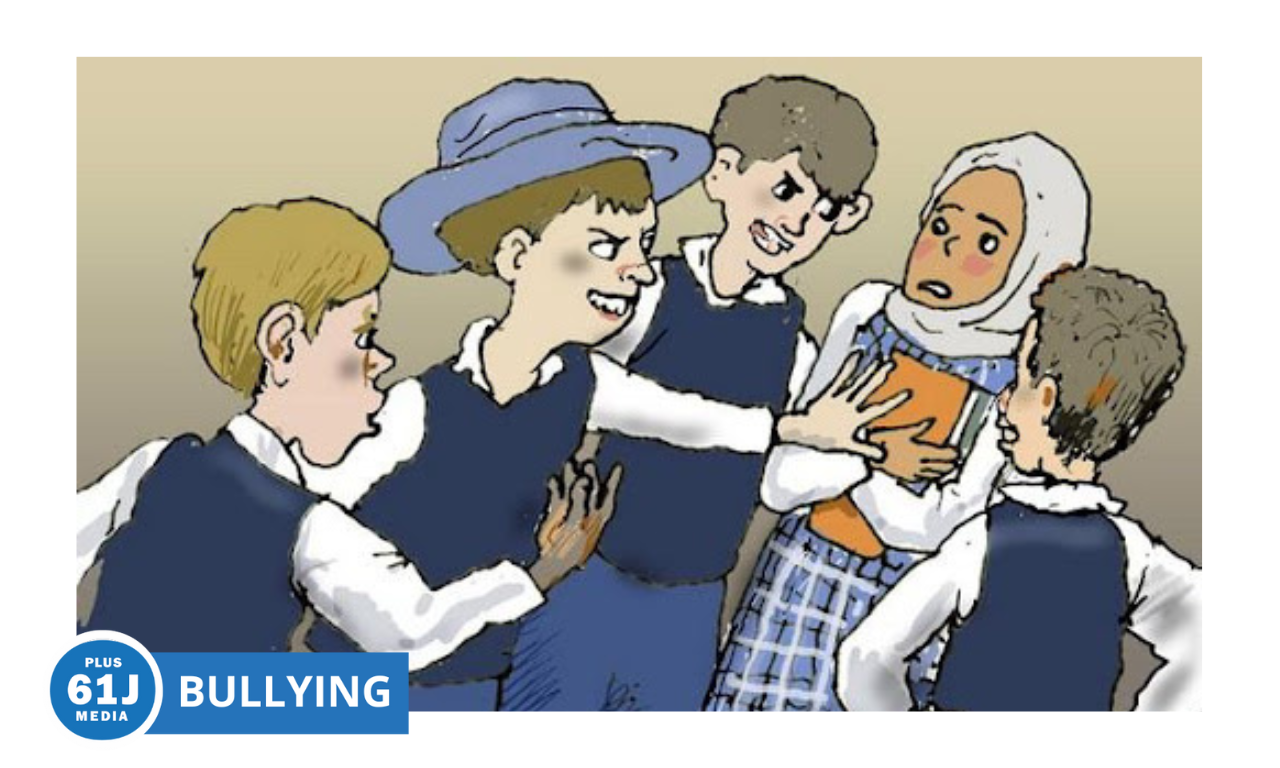Published: 4 January 2021
Last updated: 4 March 2024
ISRAEL MAY SOUND like a political broken record. When Israel’s parliament dissolved last month amid the political divorce among the governing coalition, setting the election for March 23, it will mark the fourth time in two years that Israelis will go to the polls.
Once again, Benjamin Netanyahu, Israel’s longest serving prime minister, will seek a record setting election victory, even as he faces a court trial on multiple corruption charges. The unity coalition formed last May with Defence Minister Benny Gantz, head of the centrist Blue and White party, disintegrated quickly--with Gantz's popularity nosediving in parallel--amid squabbling over everything from West Bank annexation to judicial appointments, to budget passage.
Once again, Netanyahu begins as the front runner, buoyed by a string of peace deals with Arab countries, even as his trial moves into high gear and his management of the Covid-19 pandemic has been uneven, forcing consecutive nationwide lockdowns.
However, this campaign appears to be a much different sort of contest: for the first time in decades, the mandate of Netanyahu’s Likud Party won’t be opposed by a candidate from the centre-left. This time, political experts and observers anticipate that the main challenge to Netanyahu’s hold on power will come from a candidate from the right.
That’s because the centre-left political map is a jumble of parties without an energising candidate, and the fourth consecutive election cycle will be yet another referendum on the prime minister. Israeli public opinion currently sees politicians who grew up in Netanyahu’s orbit as the most viable candidates to replace him.
According to a December 30 poll, New Hope,’ a new party founded by former Likud minister Gideon Sa’ar, will be the second largest in the next parliament, with parties of the centre-left far behind. The survey shows that a chunk of Israelis are willing to put their political ideology on hold and back a right-wing candidate in order to defeat Netanyahu, said Aviv Bushinsky, a former spokesman and adviser to Netanyahu.
There’s one thing that is more important than ideology, and that is getting rid of Netanyahu. The main theme of the election will be yes or no confidence for Bibi - Aviv Bushinsky, former adviser to Netanyahu
“There’s one thing that is more important than ideology, and that is getting rid of Netanyahu,’’ he said. ““The main theme [of the election] will be yes or no confidence for Bibi. Even more than in previous elections.”
Sa’ar, a former Education and Interior Minister under Netanyahu, was shunted aside and took a two-year break from politics before returning in 2017. Before the 2020 election, he challenged the prime minister in a Likud leadership contest but lost convincingly. Last month he bolted from Likud to set up New Hope, vowing to oppose a new term for Netanyahu - vaulting Sa’ar into position as the alternative to Netanyahu.
Before Sa’ar announced his run for prime minister, it was Naftali Bennett, the leader of the far-right religious Yamina party, who was running second on the strength of his shadow-minister-like criticism of the government’s pandemic response.
On the other side of the political map, Defence Minister Benny Gantz is paying the price of breaking his promise to voters he would not serve in a government headed by a prime minister who is being tried for bribery, fraud and breach of public trust.
[gallery columns="1" size="large" ids="40463"]
The former general has lost the position he held from early 2019 through three election cycles as a centrist alternative to Netanyahu. Blue and White has faded in polls and senior politicians like Justice Minister Avi Nissenkorn are leaving, leading to speculation that the party might disintegrate even before the upcoming election day.
“Benny Gantz tried three times…. that’s why I think now we need a candidate who is a right-wing institutionalist as an alternative,’’ said Yoaz Hendel, a right-wing Knesset Member who ran on the Blue and White list but withdrew after the elections and has now joined the new party of Sa’ar, in an interview with Israel’s Kan public radio.
So far, there is no clear person or party to fill in the vacuum on the centre left. Tel Aviv Mayor Ron Huldai made a prime-time announcement of a new party named “the Israelis”- and polls give the party about nine seats.
Gantz’s campaign number two, Yair Lapid, has failed to pick up the mantle of popularity despite his position as Knesset Opposition Chairman. Polls suggest that the Labor Party, Israel’s traditional leader of the centre-left political camp, won’t even meet the minimum threshold for representation in the Knesset because party chairman Amir Peretz joined the government along with Gantz.
Analysts are divided about how much to read into the shift in the political landscape. Some say it both reflects a decades-long migration of the Israeli electorate to the right — and the lack of any peace negotiations on the horizon.
Analysts are divided about how much to read into the shift in the political landscape. Some say it both reflects a decades-long migration of the Israeli electorate to the right — and the lack of any peace negotiations on the horizon.
With the US and international attention focused on battling the coronavirus and healing the economic dislocation in the US and the West, the Israel-Palestinian conflict is very low down on the agenda. And at 81, Palestinian President Mohammed Abbas doesn’t look like a leader who can deliver a historic compromise, given his lack of popularity and unresolved rift with Hamas.
“The clash of civilisations between the Israeli right and the Israeli left as we know it is an obsolete paradigm,’’ said Shalom Lipner, an adviser to several former Israeli prime ministers from both sides of the political spectrum.
“Circumstances have created a situation where [the political landscape is] tilting overwhelmingly to the right. Diplomatically and economically, Israel is doing fine and there’s no constituency for negotiations.”
The series of normalisation agreements between Israel and Arab countries like the United Arab Emirates over recent months have further strengthened the hand of the Israeli right.
“The reason why people feel that they can vote right, is that we’ve got all these peace agreements without giving anything in return,’’ said Jonathan Rynhold, a political science professor at Bar Ilan University. “Who doesn’t like a free lunch?”
And even though Israel tilts rightward, some believe that polls predicting right-wing and Orthodox religious parties could control more than two-thirds of the 120-seat Knesset may overstate the dimensions of right-wing sentiment.
The reason why people feel that they can vote right is that we’ve got all these peace agreements without giving anything in return. Who doesn’t like a free lunch? - Jonathan Rynhold, political science professor
“That doesn’t reflect the self-definition of Israeli voters. If you ask how many Israeli define themselves as right-wing, it's only about half of all Israeli adults. Which means right now there’s a bit of a mismatch between the projection of right-wing parties for Knesset and the actual portion,’’ said Dahlia Scheindlin, a public opinion expert.
“Right-wing politicians correctly identify that there’s more opportunity on the right side of the map, and they are hoping to capitalise on the collapse of the centre. But it's too early to know whether it will work, and whether the centre-left will still put up a fight.”
Indeed, the centre-left voters who backed Gantz’s Blue and White party over the last election cycle and the Labor Party in 2015 have not evaporated. Eyal Arad, a political consultant who used to advise Netanyahu, estimated that the bloc could represent one fifth control over the parliament.
“From 15 to 25 seats are looking for a home. They don’t see Lapid as an option,’’ said Arad. “Some of them are parked with Mr Saar — because of his opposition to Mr Netanyahu, not because they like him.”
Despite the fact that Likud continues to command a plurality in election polls, Netanyahu’s popularity among his base is declining, Arad said. On the other hand, Netanyahu is poised to get a big boost if Israel’s Covid-19 vaccination rollout continues on its current successful trajectory.
Arad said the election remains up for grabs because as much as half of the electorate are not yet sure about which party they will support. “If there is a serious organisation on the centre-left, that could all change. No candidates enjoy support from a majority of the electorate: it indicates a confused political system.”
READ MORE
Rift in Israeli ultra-Orthodox party may impact Netanyahu's election math (Haaretz)
Group within United Torah Judaism party expected to rebel against leadership and challenge its chairman of 20 years
Haredi parties signal ardent alliance with Netanyahu no longer a given (Times of Israel)
UTJ and Shas have stuck by Likud for the last five years, but as political winds shift, they are letting other parties know that their loyalty may be up for grabs
Netanyahu says he wants to break Joint List’s monopoly on Arab Israeli vote (Times of Israel)
Criticised over past rhetoric toward community, PM tells Likud officials he is ‘reaching out to Arab voters’; rivals slam comments as opportunist electioneering
Thousands protest PM in Jerusalem, determined to take rallies into new year (Times of Israel)
Weekly demonstrations held outside Netanyahu’s residence and across nation; car drives into protesters, nearly hitting them; 11 arrested in earlier scuffles with police
Illustration: Avi Katz




